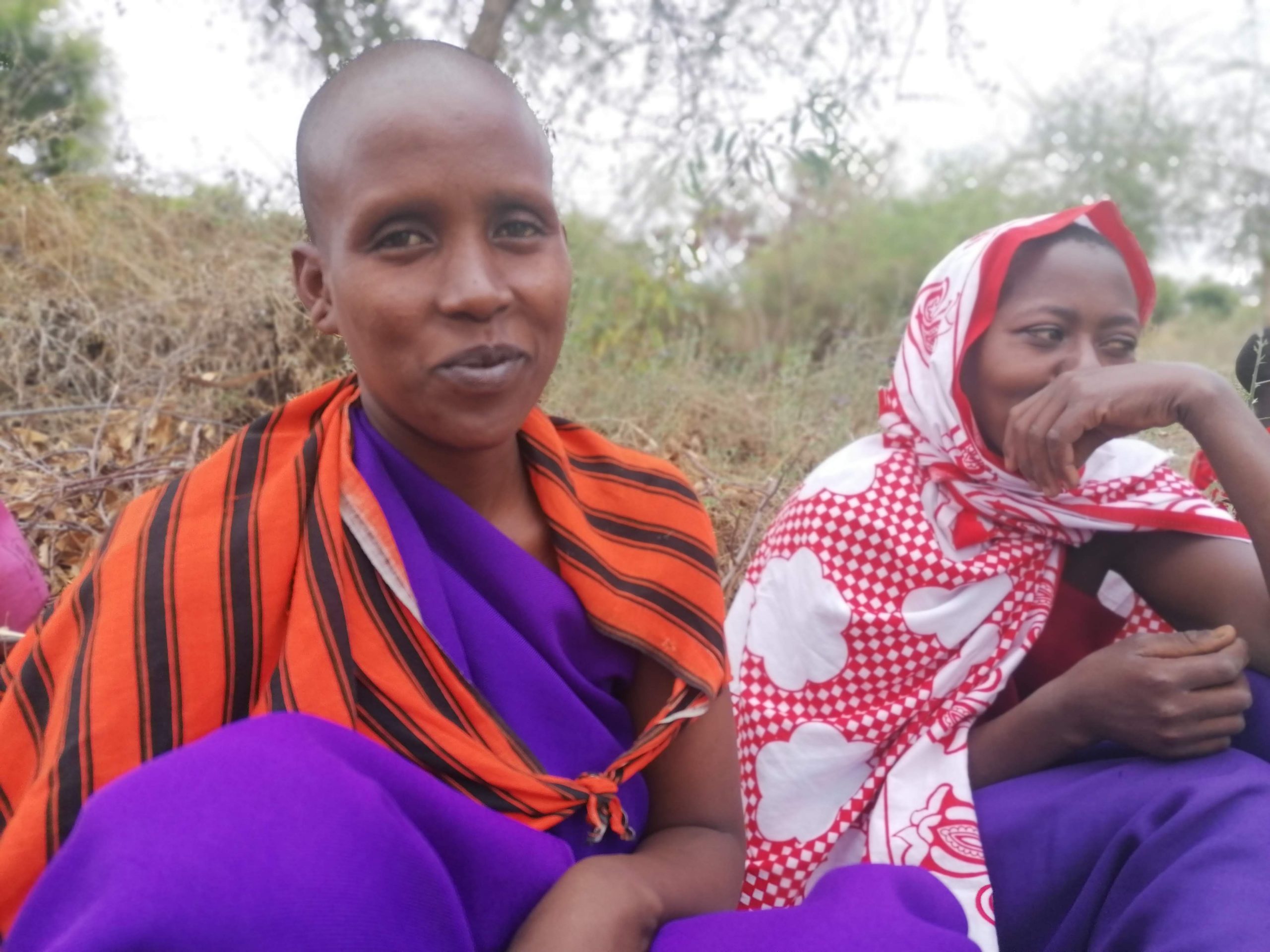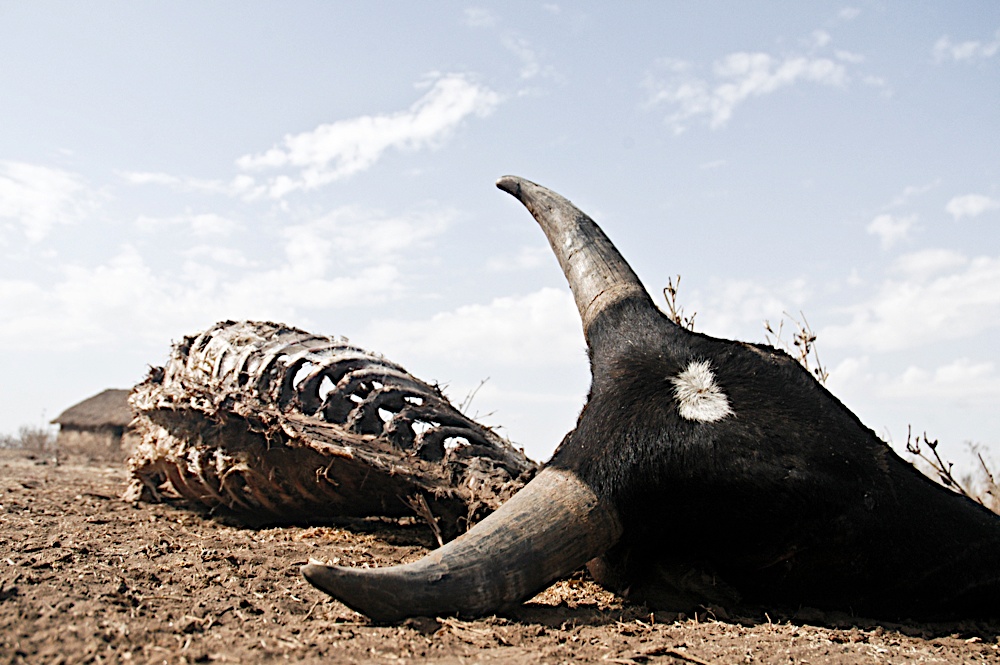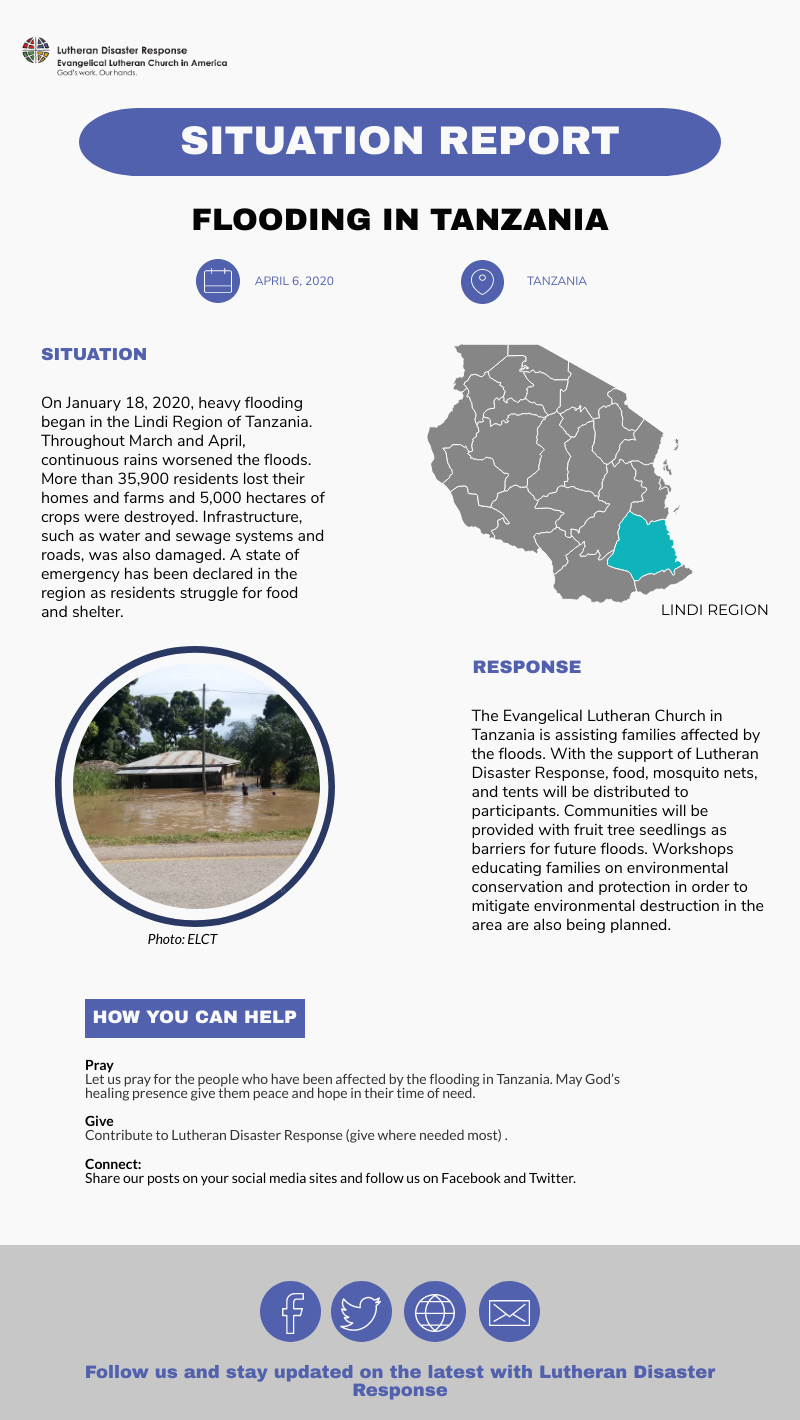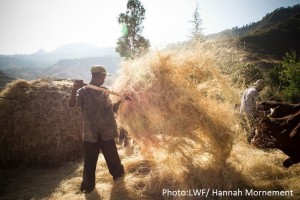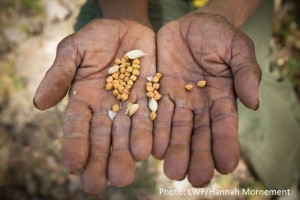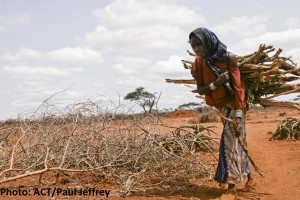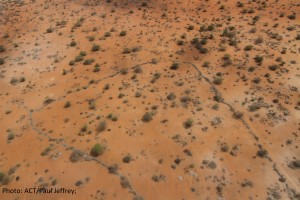The following is written by Daudi Msseemmaa
An earthquake, mass displacement, low-latitude tropical cyclones, COVID-19, a plague of locusts – 2020 has been a year of calamities in East Africa like no other. Among the most destructive and widespread for ELCA companions in the region was flooding.
In Rundugai, Tanzania, the water came quickly. After enduring a season of heavy rains on Mount Kilimanjaro and the plains to the west, water coursed over saturated ground in the valley between Mount Kilimanjaro and Mount Meru. The water rose suddenly on the savanna, soaking the earthen walls of people’s homes and soon washing away goats, cows, and even houses.
People ran for safety to their neighbors on higher ground. Some needed rescue, and neighbors were the first line of support.
In the hours and days after, people who lost everything needed shelter, food, and hugs. They assessed the damage, digging through the mud where their homes stood, searching for treasures and missing livestock. At this time, neighbors took the lead in helping each other. In Rundugai, they took in those who had lost their homes and they fed those who lost their food stock.
For communal societies across rural Africa, sharing is instinctual, even if it leaves you hungry. The immediate needs of the flooding stretched resources of even those who were on higher ground and less affected. This is where external support becomes essential – relieving pressure on neighbors and relatives who gave their all helping the most stricken.
The Support of the Church
Rundugai is in southern Hai District, which they say is the poorest and most climate-averse part of the Evangelical Lutheran Church in Tanzania (ELCT) Northern Diocese. Members of the local church went to every household in the parish to conduct an assessment and determine who most critically needed support. Through three villages, they waded through thigh-deep mud and water in some places to reach 151 households that were severely affected. The local church appealed to the district church office. A week after the flood, they sent over 14,000 pounds of maize and 1,700 pounds of beans.
The floodwaters remained, with the main road into Rundugai not passable for six weeks. After trucks could again enter, the diocese office sent another round of food for distribution.
The ELCT national office was kept informed of the situation. The flooding was widespread, and the church proposed a coordinated response and reached out to the ELCA. Through Lutheran Disaster Response (LDR), they funded relief in the Northern Diocese as well as five others – the Meru, Mwanga, Ulanga-Kilombero, Lake Tanganyika and South Eastern dioceses. Roads and boats were used to reach the most distressed, who often are women, children, and people with disabilities. Additionally, LDR supported major flood responses in Kenya’s Tana River and Kisumu counties around the same time.
Another affected area was Kilwa, on the Swahili coast in the Lindi region of Tanzania – a rural, undeveloped, and mostly Muslim corner of the country. People who lost family members and homes were evacuated after the floods. Hundreds took refuge in schools that had been closed due to the COVID-19 pandemic. The church distributed food and non-food items and offered training on hygiene practices.
God’s Love in Action
But now, several months after the water receded, the impact is being seen as new churches have sprouted in areas of flood response. “You’d be surprised to see the long-term effect of disaster response,” said Bishop Lucas Mbedule of the ELCT South Eastern Diocese. People who didn’t know about Christ or the church could see God’s love in action.
LDR support comes alongside the dignified work that is already in place – that of neighbors helping neighbors in crisis. Local churches took special donations for purchasing food for those who lost everything. Relatives stepped up as best they could. In our vision of accompaniment, the ELCA lives into its role as a companion when it walks alongside brothers and sisters in their moment of need, stands with them in prayer, and remains hopeful of what arises out of disaster.
Daudi Msseemmaa is the ELCA’s regional representative for East Africa. He lives in Arusha, Tanzania, with his wife and children.

